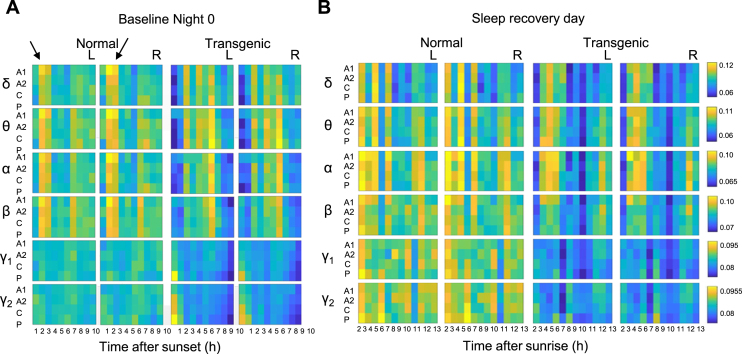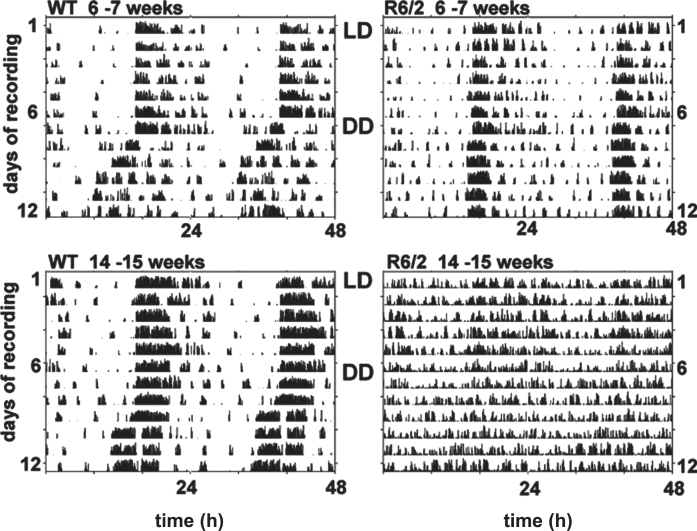Sleep and Circadian Rhythm Dysfunction in Animal Models of Huntington's Disease.
IF 3.1
Q3 NEUROSCIENCES
引用次数: 1
Abstract
Sleep and circadian disruption affects most individuals with Huntington's disease (HD) at some stage in their lives. Sleep and circadian dysregulation are also present in many mouse and the sheep models of HD. Here I review evidence for sleep and/or circadian dysfunction in HD transgenic animal models and discuss two key questions: 1) How relevant are such findings to people with HD, and 2) Whether or not therapeutic interventions that ameliorate deficits in animal models of HD might translate to meaningful therapies for people with HD.


亨廷顿舞蹈病动物模型的睡眠和昼夜节律障碍
大多数亨廷顿舞蹈病(HD)患者在生命的某个阶段都会受到睡眠和昼夜节律紊乱的影响。睡眠和昼夜节律失调也存在于许多HD小鼠和绵羊模型中。在这里,我回顾了HD转基因动物模型中睡眠和/或昼夜节律障碍的证据,并讨论了两个关键问题:1)这些发现与HD患者的相关性如何,以及2)改善HD动物模型中缺陷的治疗干预是否可能转化为HD患者有意义的治疗方法。
本文章由计算机程序翻译,如有差异,请以英文原文为准。
求助全文
约1分钟内获得全文
求助全文

 求助内容:
求助内容: 应助结果提醒方式:
应助结果提醒方式:


